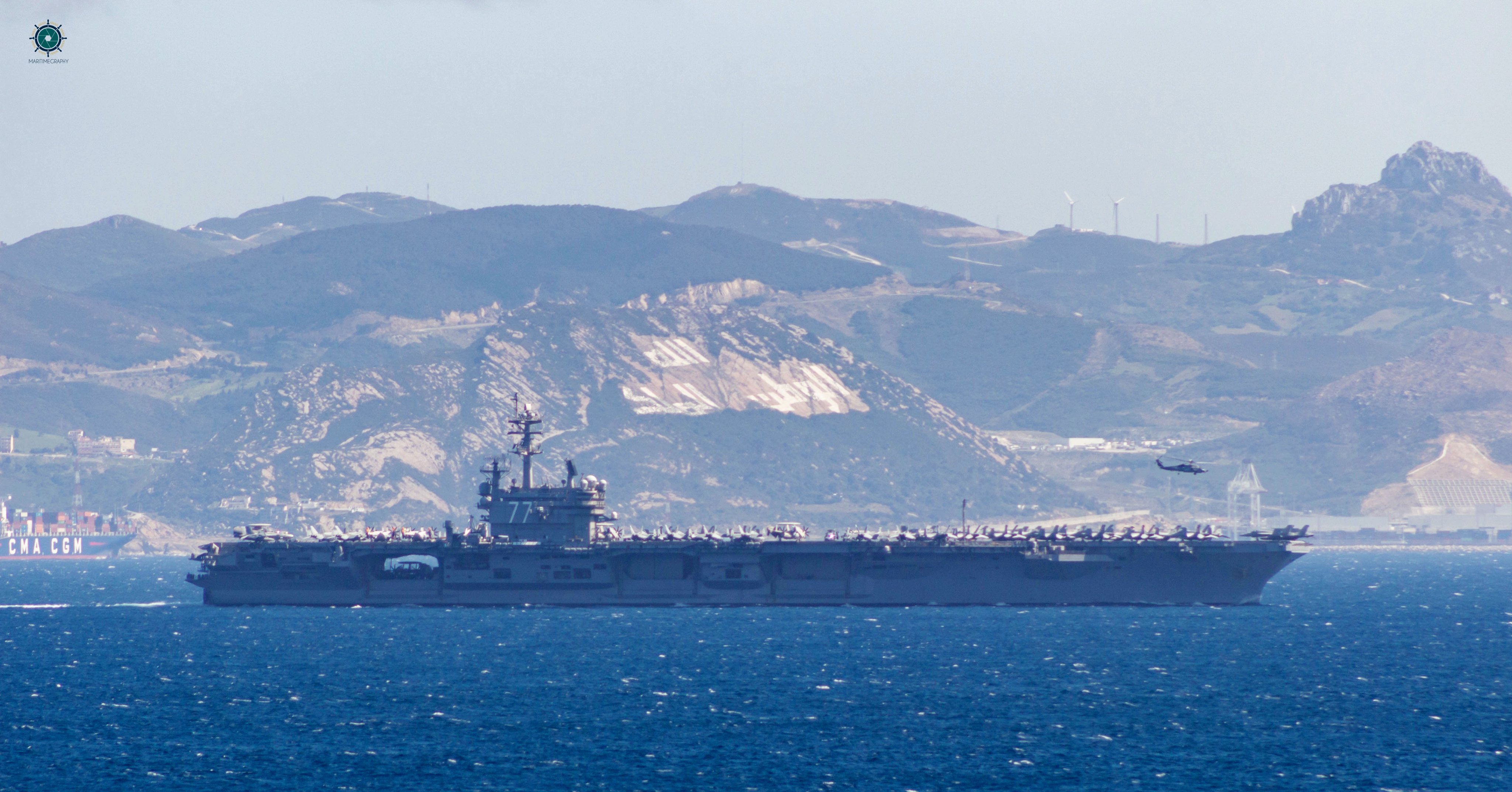George H.W. Bush: A Statesman and Leader of the Post-Cold War Era
George H.W. Bush, the 41st President of the United States, presided over a pivotal era in American history, marked by the end of the Cold War and the dawn of a new global order. His legacy remains complex and contested, with historians and political analysts offering varying interpretations of his accomplishments and failures. This essay will critically examine the complexities of George H.W. Bush's presidency, exploring his role as a statesman and leader in the post-Cold War era.
Foreign Policy: Triumphs and Controversies
Bush's foreign policy was characterized by both bold initiatives and controversial decisions. He played a pivotal role in ending the Cold War, skillfully navigating the collapse of the Soviet Union and ensuring a peaceful transition to a new era of international relations. His administration's Operation Desert Storm, launched in response to Iraq's invasion of Kuwait, was a decisive military victory that demonstrated American resolve and preserved regional stability.
However, Bush's foreign policy also faced setbacks. His decision not to intervene in the Bosnian War and the Rwandan Genocide has been criticized as a missed opportunity to prevent humanitarian disasters. Additionally, his "no new taxes" pledge during the 1988 presidential campaign contributed to the ballooning national debt.
Domestic Policy: Economic Challenges and Social Progress
Domestically, Bush faced a challenging economic environment. The country entered a recession in 1990, and the unemployment rate reached 7.8% – the highest since the 1982 recession. Despite these economic headwinds, Bush made some significant legislative achievements, including the Americans with Disabilities Act (ADA), which prohibited discrimination against individuals with disabilities.
Legacy and Impact
George H.W. Bush's legacy is multifaceted and continues to be debated. He is widely recognized for his leadership during the end of the Cold War, his diplomatic skills, and his commitment to public service. However, his handling of the 1990-1991 recession and his failure to address the Bosnian War and Rwandan Genocide raise questions about his decision-making.
Conclusion
George H.W. Bush was a complex and consequential figure in American history. His presidency marked a transition from the Cold War era to a new global order. While his foreign policy achievements are widely acknowledged, his domestic policies and some of his foreign policy decisions remain controversial. Ultimately, Bush's legacy will continue to be debated by historians and analysts for years to come. His presidency serves as a reminder of the challenges and complexities of leadership in a rapidly changing world.
Ami Suzuki: From J-Pop Idol To Resilient Artist
Keanu Reeves: The Internet’s Favorite Hollywood Star
Jeong Yeon-ju: The Celebrity Who Stirred Debate Over Her Social Views



